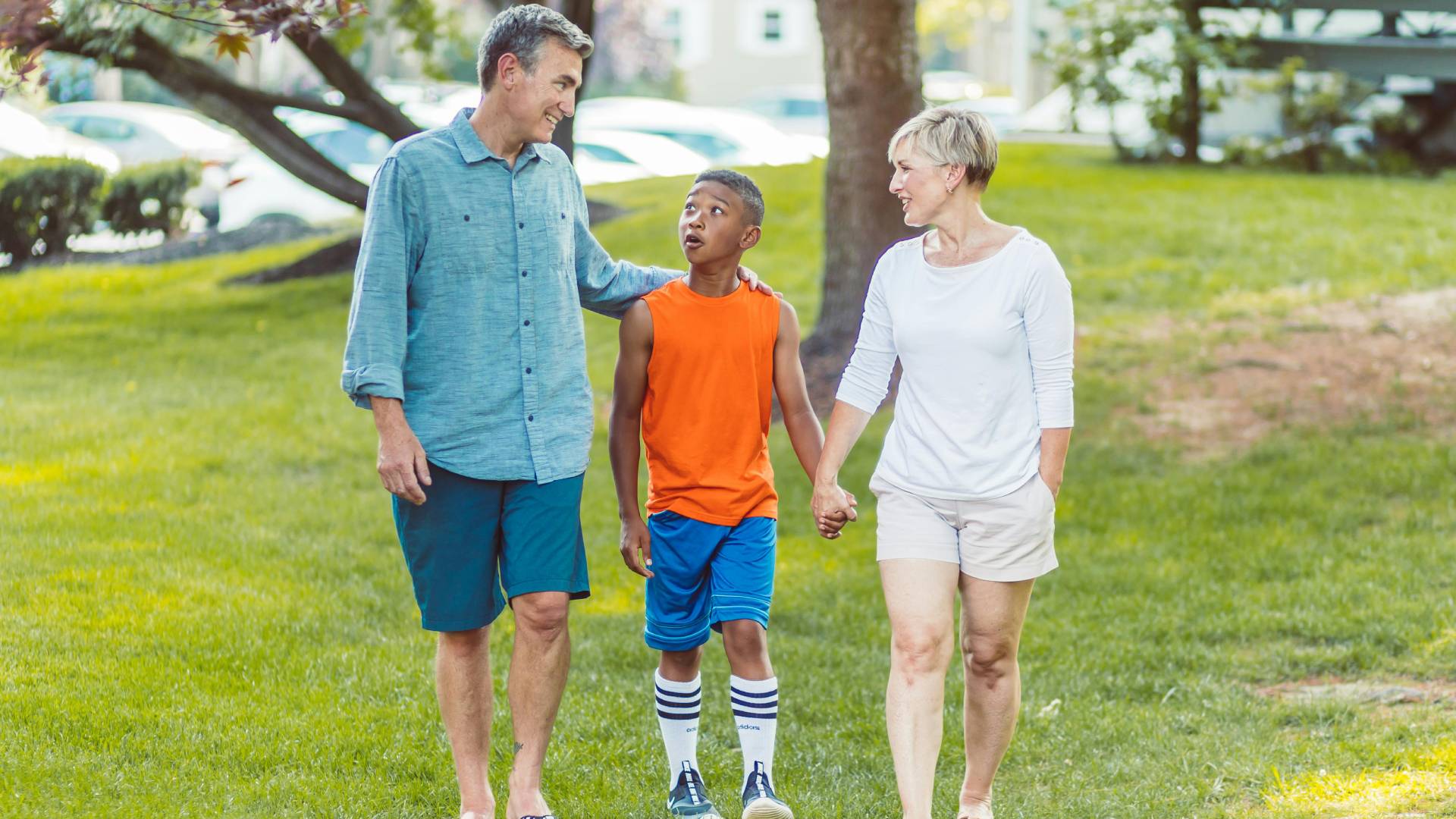Adopting a child is a significant and life-changing decision that can bring immense joy and fulfillment to families in Wisconsin. Understanding the process of adoption in the state is crucial for prospective adoptive parents looking to navigate the complexities and requirements involved.
From the various types of adoption available to the legal procedures and support services, this article aims to provide a simplified guide to adopting a child in Wisconsin. By exploring the various facets of adoption, individuals can gain valuable insights into the steps, resources, and considerations essential for a successful adoption journey.
Types of Adoption in Wisconsin
Generally speaking, adoption is a legal process that establishes a permanent parent-child relationship between individuals who are not biologically related. It grants the adoptive parents full parental rights and responsibilities over the child. Each state, including Wisconsin, has its own specific laws and procedures governing adoption. There are certain criteria for each type of adoption available to prospective parents in Wisconsin.
> Domestic Adoption
For domestic cases, adoptive parents can either work directly with birth parents or utilize an adoption agency to identify a match. The legal process involves obtaining consent from the birth parents or terminating their rights through court proceedings, if necessary. After placement, there is a mandatory post-placement period where social workers conduct visits to ensure the well-being of the child. Finalization occurs once all legal requirements are met, granting the adoptive parents full parental rights.
> Foster Care Adoption
The Foster Care Adoption process involves adoptive parents first completing an application and undergoing a thorough background check, including criminal history and child abuse registry checks. Once approved, families are matched with a child who meets their preferences and criteria through the Wisconsin Adoption Information Center. After placement, there is a period of supervision and support provided by social workers to assist with the transition and ensure that the adoption is successful. Finally, legal proceedings are initiated to finalize the adoption in court.
> International Adoption
The more challenging of the adoption processes, parents must first meet eligibility requirements set forth by the US Citizenship and Immigration Services (USCIS) before they begin. This includes completing a home study, obtaining necessary clearances, and undergoing background checks. Once approved, parents must work with a reputable adoption agency to find a child who matches their preferences and start the legal steps toward finalization. Depending on the agency used, families may be expected to take cultural and language training while awaiting the transfer of an internationally adopted child.
> Relative or Step-Parent Adoption
This legal avenue allows a close family member or step-parent to legally adopt a child. The process requires obtaining consent from the biological parents, undergoing a thorough background check, completing required paperwork, and appearing at court hearings. The court evaluates whether the adoption is in the best interests of the child and ensures that all legal requirements are met before granting final approval.
Legal Requirements and Eligibility
To be legally able to adopt, prospective parents in Wisconsin must be at least 21 years old and reside in the state. There may be additional age requirements depending on the type of adoption being pursued. They are required to undergo criminal background checks, child abuse registry checks, and provide references.
The Home Study Process
The home study is a crucial component of the adoption process in Wisconsin, providing valuable information about prospective adoptive parents and assessing their readiness to adopt.
A home study is a comprehensive evaluation of the prospective adoptive parents’ background, living situation, parenting skills, and readiness to adopt. It includes interviews, home visits, and documentation reviews. During an adoption home visit, prospective adoptive parents can expect a thorough evaluation of their home environment, lifestyle, and suitability as potential caregivers for a child. This process typically involves an experienced social worker or adoption agency representative visiting the home to assess factors such as cleanliness, safety, stability, and rapport between family members.
The Application Process
Initial
The initial steps of the adoption process in Wisconsin involve prospective adoptive parents applying to an approved adoption agency or attorney. This application typically includes background information, references, financial statements, and a home study evaluation. Once the application is reviewed and approved, potential parents must complete a series of training sessions or classes to prepare them for parenting an adopted child.
Matching
The next step in the process is typically the matching phase, where the agency works to find a suitable child or sibling group that fits the needs and preferences expressed by the prospective adoptive parents. Similarly, children who are available for adoption undergo evaluations to assess their needs, preferences, and any special requirements they may have.
The goal is to find a suitable family that can provide a supportive and nurturing environment for the child while also meeting the needs and expectations of the adoptive parents. Once a match is identified, agencies work closely with both parties to facilitate introductions, conduct meetings, and guide them through the transition period leading up to the finalization of the adoption.
Finalization
Upon completion of all required steps, prospective adoptive parents must attend a final hearing in court where a judge will review the case to ensure all legal requirements have been met. At this stage, the judge will declare a final order of adoption, legally establishing the adoptive parents as the child’s legal guardians and severing ties with biological parents.
Financial Considerations
Adopting a child in Wisconsin can involve various costs, including legal fees, home study expenses, background checks, and court fees. To help offset the costs of adoption, Wisconsin offers various financial assistance options for adoptive families. These may include adoption subsidies, tax credits, employer benefits, grants, and loans. Families should explore all available options and consult with adoption professionals to determine the best financial resources for their specific situation.
Post-Adoption Support
After the adoption process is complete, adoptive families in Wisconsin have access to various support services to help navigate the challenges of parenting an adopted child. These services include counseling, support groups, educational resources, and referrals to other professionals who specialize in adoption-related issues.
Families can access these resources through state agencies, adoption agencies, and community organizations.
Additional Resources:
- https://wiadopt.org/
- https://dcf.wisconsin.gov/adoption
- https://adoptionnetwork.com/adoption-by-state/wisconsin/
- https://adoptionchoiceinc.org/
Conclusion
The process of adopting a child in Wisconsin involves careful planning, dedication, and support from various stakeholders. By meeting the requirements, undergoing the home study process, navigating legal procedures, and accessing post-adoption services, families can embark on a rewarding journey toward expanding their family through adoption. With a better understanding of the adoption process and available resources, prospective adoptive parents in Wisconsin can take the necessary steps to provide a loving and nurturing home for a child in need.
The family law attorneys at Vanden Heuvel & Dineen are available to answer any questions or concerns you may have about adoption. Contact us today to learn more and schedule your free case consultation.




